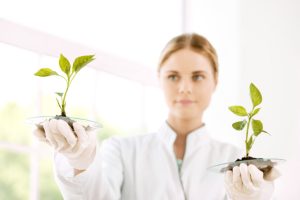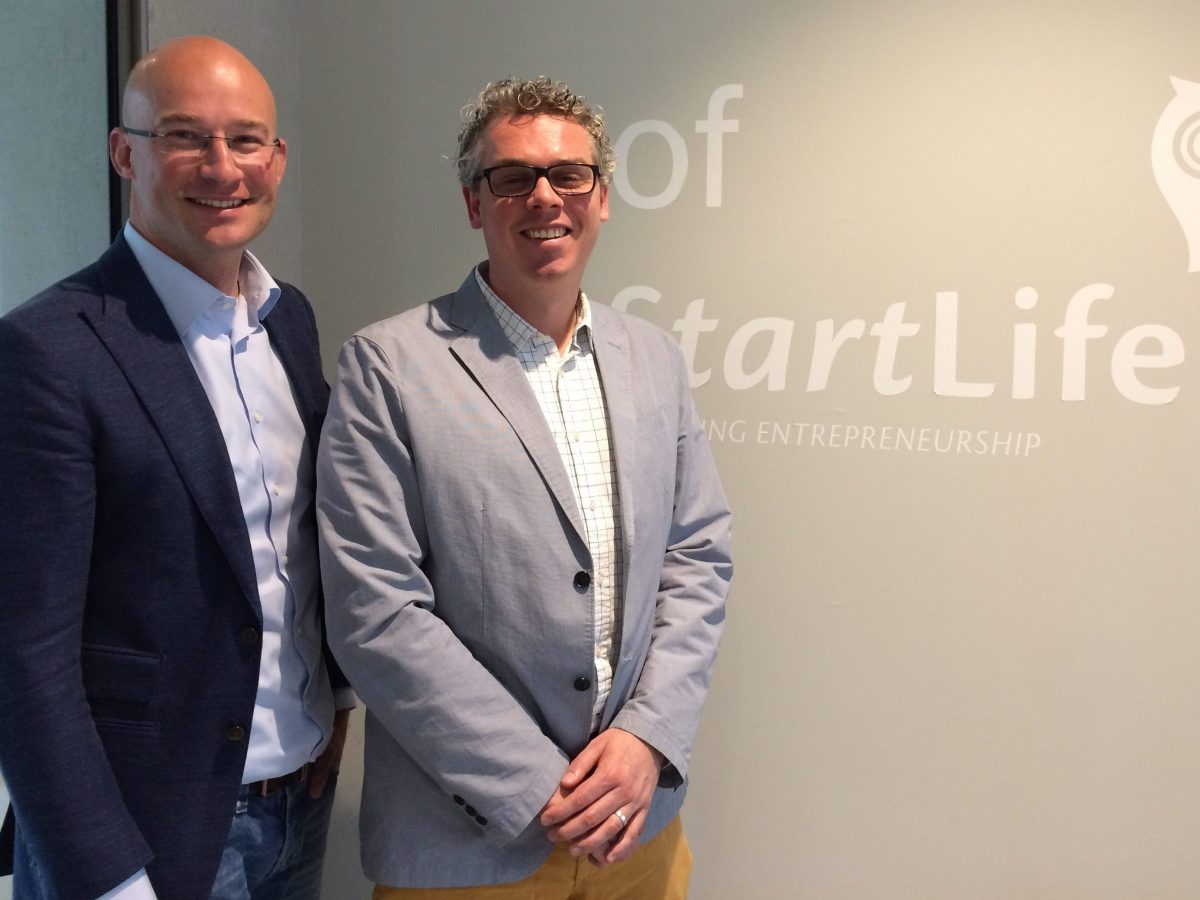
Wageningen-based CRISPR startup accelerates growth
Hudson River Biotechnology (HRB) has raised a strategic investment round, fully funding its current business plan and bringing in a team of experienced investors and entrepreneurs.
HRB is a young and highly innovative agricultural biotech company located in Wageningen (Netherlands). HRB applies novel breeding techniques such as CRISPR to develop new plant traits, and has exclusive access to a novel genetic target identification platform, called SuRE (licensed from Amsterdam-based partner company Gen-X). Their internal R&D pipeline is focused on developing innovative, new traits for plants that are used to produce high-value compounds for the pharma, cosmetics and food industries. In addition, HRB offers their molecular breeding and target identification expertise as an end-to-end service solution for accelerating breeding efforts to plant breeders, seed companies and natural ingredient producers of all sizes. Combined, these efforts ultimately contribute to solving global food challenges such as the need for improved nutritional value or reduced pesticide use.
Founded in 2015, HRB combines the business acumen and market knowledge of Rudi Ariaans with the scientific expertise in genetics and consulting experience of Dr. Ferdinand Los. HRB remains one of the few independent players in the agricultural industry – no shares are owned by seed companies – and targets the multi billion-euro agtech market.
“The combination of the proprietary SuRE and CRISPR technology platforms offers a powerful and unique way to improve crop yields and enable more sustainable food production. Both technologies are easy to integrate into existing breeding programs and the targeted approach significantly reduces the time, and therefore costs, needed to develop innovative traits” says Rudi Ariaans, CEO and co-founder of HRB.
Ferdinand Los, CSO and HRB co-founder adds, “SuRE is unique in that it can provide gene regulatory sites in a genome-wide fashion, allowing us to modify gene expression levels via CRISPR—turning the “volume button” of the genes, rather than shutting them off completely. This is highly desirable, as completely removing genes, the more common way CRISPR is used, can often be damaging to the plant. Also, this approach can allow us to increase gene activity without resorting to transgenic methods”.
“We are excited to bring on board such an experienced investor group that has a proven track record of successfully scaling up technology companies” says Ariaans. HRB will use the investment to significantly accelerate growth, by growing the team and expanding R&D activities. The agricultural industry is changing rapidly; being able to offer both a target identification and target transformation service will ensure a leading position for HRB in the fast moving CRISPR environment. “With this new investment, we will create a world-class agtech innovation factory”.
